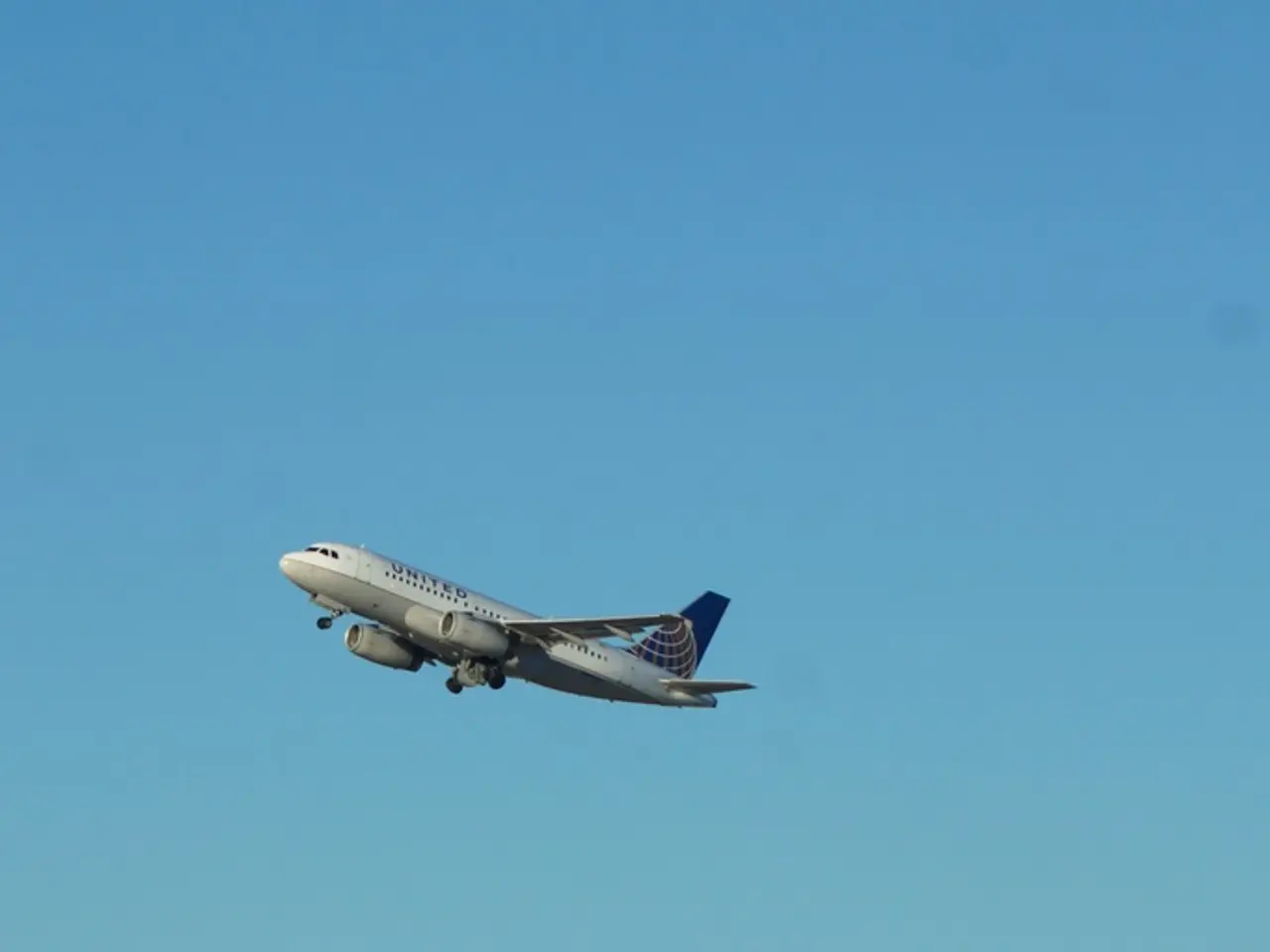Nationwide grounding of United Airlines flights due to a system failure causing operational disruption.
United Airlines System Outage Causes Nationwide Flight Disruptions
The skies were not as friendly as usual on August 6, 2025, when a system outage at United Airlines grounded hundreds of flights across the country. The failure of the airline's Unimatic system, which manages critical flight operations, resulted in over 1,000 flights being either grounded or delayed, causing extensive delays and cancellations.
The Unimatic system, responsible for aircraft weight and balance calculations and flight tracking, experienced a failure at 5:12 p.m. Central Time. The consequences were far-reaching, with airports in New York, Denver, San Francisco, and Houston reporting extensive delays, missed connections, and disoriented passengers. United Airlines' largest hub, Chicago O'Hare, saw gate operations halted for nearly two hours.
The Federal Aviation Administration (FAA) confirmed that the ground stop was requested by United Airlines and lasted about one hour. In the aftermath, the FAA is considering tightening requirements around ground stop requests and reporting, and aviation watchdogs are pushing for mandates requiring AI-powered diagnostics and backup servers.
The incident also highlighted the need for failover mechanisms even in high-investment tech portfolios. Despite United Airlines investing over $300 million in IT upgrades in the first half of 2025, the grounding revealed lingering gaps in system redundancy and recovery planning.
Passengers reported delays in receiving text or app alerts about rescheduling options, with many having to queue for hours for help desks to reopen. The effects of the outage continued long after the official ground stop was lifted, causing significant delays in passenger rebooking, baggage handling, and crew assignments.
The root cause of the grounding was an internal dispatch software failure at United Airlines that affected communications between operations centers and flight crews. United Airlines has committed to a full digital transformation by 2026, including AI-driven maintenance forecasting and flight automation.
The United Airlines flights grounding incident serves as a reminder of the vulnerability of critical airline operations to digital systems. Aviation community members are watching whether the FAA introduces stricter disclosure and reporting standards for such incidents. Recommendations for the future include deploying cloud-based infrastructure for critical operations, parallel scheduling platforms, and enhanced staff training to manually override automated systems.
The incident should serve as a catalyst for industry-wide improvements, with a focus on redundancy and real-time responsiveness. Airports must establish contingency protocols for terminal operations during tech outages. The aviation community is hoping that this wake-up call will lead to more resilient and reliable digital systems in the future.
- The United Airlines flight disruptions were due to a failure in the Unimatic system, a critical technology that manages flight operations.
- Despite United Airlines investing in technology, the incident highlighted the need for failover mechanisms and improved system redundancy in their high-investment tech portfolio.





